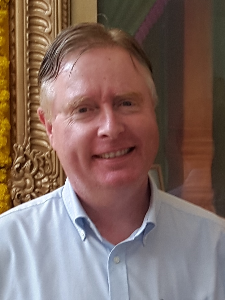
Hugh Hill
While academically rigorous, the atmosphere within the Science (SCI) Department will always be relaxed and informal. The Departmental Activities (DAs) will be a natural follow-on from the robust foundation laid down by the SSP Core Lectures (CLs). A highly diverse and interdisciplinary program will be presented with the emphasis very firmly on hands-on activities, debate and discussion. Most activities presented will be brand new to SSP, e.g. two one-day Professional Visits devoted to Science and Technology (as detailed below).
Given the breadth of modern Space Science, DAs will cover numerous issues including:
• Historic analysis of Solar System science missions
• Microgravity studies using an experimental drop tower
• Martian Astrobiology including reduction of primary data from Viking 1 and 2
• Planetary impact cratering
• Hypersonic waves including using an experimental Shock Tube
• Solar observation of flares, prominences, etc., using a hydrogen-alpha filter
• Effects of geomagnetic storms including a ‘second Carrington Event’
Approximately 15 ISU Faculty members and other Space professionals will support the Department at Strasbourg Central Campus or externally (Professional Visit Hosts as well as colleagues joining us via Skype). The international experts hail from France, Germany, India, Luxembourg, Russia, UK, USA, etc. They represent space agencies, government research laboratories, universities, high-tech companies, etc. All have prior experience at ISU in the context of SSP, MSS or both.
Participants will spend a total of two full days off-campus undertaking Professional Visits. The first visit will be to Europe’s most scientifically important and best-preserved impact crater, the Ries Crater in western Bavaria (Germany). The second will be to two cutting-edge New Space companies in the Grand Duchy of Luxembourg with robust ISU links: ispace and Spire.
The DAs will also include time dedicated to working on the Individual Project (IP). During this time Participants will be able to consult with the Departmental Chair, TA, etc., about all aspects of their IPs including Report and the Presentation.
By the end of DAs, Participants should be able to:
• Summarize and analyze selected Solar System science missions
• Understand and use selected Space Science laboratory and observational tools
• Understand key physical phenomena relating to Astronomy and Planetary Science
• Reduce data from a Space Science mission
• Plan and successfully participate in a Geology Field Trip
• Present and defend a research project (IP) to Faculty
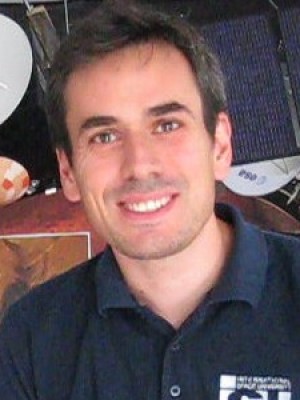
Daniel Garcia Yarnoz
The Space Engineering (SE) Department allows participants to gain hands-on experience in all stages of the systems engineering process of space missions at multiple levels, from the simplest to the most complex. Building on the knowledge gained during the core lectures related to space engineering, emphasis is placed on understanding each level of system design, integration, and testing as complexity increases from components to subsystems, to spacecraft, to the space mission, and eventually to entire space programs.
Marking the 50th anniversary of the Apollo 11 lunar landing, each of the activities of the department will connect with one of the mission phases required for such a complex exploration mission to a different celestial body. Throughout the department, participants will work on hands-on projects covering from preliminary design of landing systems, to remote operations of rovers. Participants will also have the opportunity to undertake a major project that has become a trademark of ISU: the design, construction, testing, and launch of a model rocket to meet a set of flight requirements, including the safe retrieval of its payload. This project will allow the participants an opportunity to implement all aspects of the system engineering process in the conception, design, integration, and operation of a simulated spacecraft.
At the end of the department time, the participants should be able to:
• Design, simulate, manufacture, integrate, test, and launch a model rocket - skills that can be extended to any other complex system.
• Justify preliminary design decisions for a particular subsystem of a spacecraft, and predict how different design parameters affect other subsystems.
• Estimate how the space environment affects engineering solutions.
• Present and defend a research project in front of a technical audience.
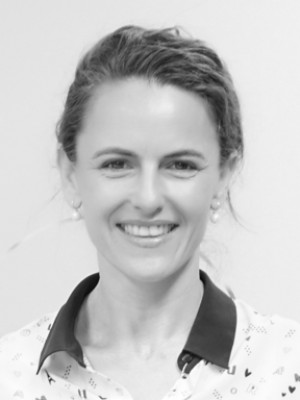
Samantha Coras
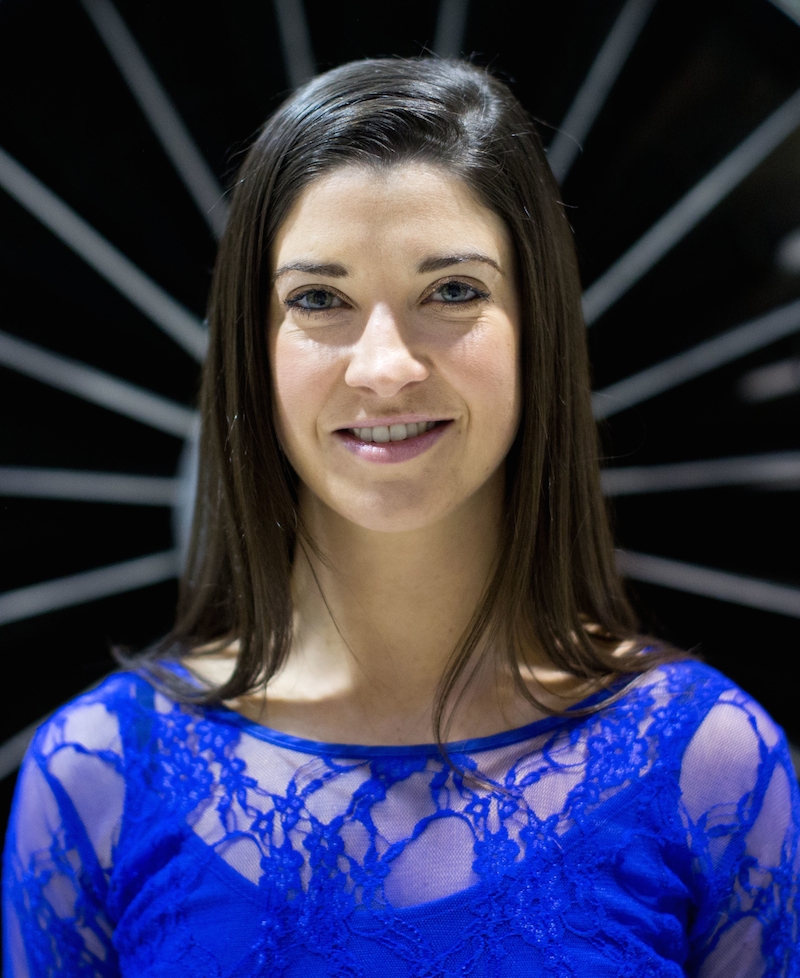
Norah Patten
The dream of spaceflight is as old as the human imagination. But what is it about space exploration that motivates us to find out more? Do our dreams inspire space travel or does space travel shape our dreams? And what is our role, as a human species, as we continue in our quest to move past low Earth orbit to discover new worlds?
The Space Humanities Department will offer participants a truly unique opportunity to break free and think differently. We will explore the meaning and significance of humankind’s expansion into space in a supportive and creative environment. Our hands-on, interactive activities are specifically designed to take participants on a journey of inspiration, creation and reflection.
This year, participants will have the opportunity to learn and practice skills from humanities such as philosophy, ethics, art, communication and expression, and be inspired by activities designed to be outside the familiar realm of experience. Understanding the basic motivations for space activities by exploring their origins in, and their impact upon, human culture and society enables new and renewed visions that can inspire future space programs.
Participants will travel offsite to simulate and understand the Overview Effect; anthropology and bioethics will be discussed in hands-on, interactive workshops; and guidance on communications and outreach will be provided so that, when participants return home after SSP, they will be able to identify and describe key interactions between space and society, and use new skills positively in their communities at work and at home.
All participants will have an opportunity to:
- Travel offsite to simulate and understand the ‘Overview Effect’
- Design a mission patch
- Create their own piece of art
- Explore the European Astronaut Centre
- Develop communication skills
We invite participants to join us and think in a new way about our place on Earth and our place in space.
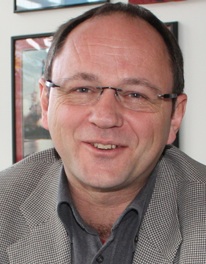
Volker Damann
In the Human Performance in Space Department, we are focusing on the human aspects of spaceflight, what factors of the space environment are impacting the performance of astronauts. This includes biological, physiological, psychological, human factors and engineering aspects. The departmental activities will enable participants to experience and evaluate challenges related to human spaceflight activities for both short- and long-duration and -distance missions.
The department activities are designed to have interactive experiences and hands-on exercises. Participants will have the opportunity to learn and practice skills from a diverse field of sciences, biomedical engineering and mission operations.
Some of the activities will cover the following topics:
- Applied Anatomy and Physiology in a medical Ultrasound workshop
- Crew Medical Officer Training
- Bioethics
- Psychological Assessment of Astronaut Applicants
- Human System Integration
- Bioregenerative Life Support Systems
- New and emerging Medical Technologies
- Vision Exam techniques in view of the Space Associated Neuro-Ocular Syndrome
The participants will also visit local medical sites and facilities and the European Astronaut Centre in Cologne, Germany.
Learning Objectives:
- Engage in various workshops, panels, professional visits to gain knowledge and understanding of concepts related to human performance in space
- Participate in group activities in an interdisciplinary and intercultural environment
- Practice the training and duties of a Crew Medical Officer
- Perform self-examinations to learn about the human anatomy, physiology and the human vision system
- Understand the ethical and legal requirements related to the medical profession and life sciences research
- Understand the principles of bioregenerative life support systems, biological eco-systems and the role of biological producers, consumers and destroyers
- Understand the role of psychological assessment and personality evaluation in an astronaut selection
- Observe the implementation of clinical procedures in a hospital and related staffing and logistics in view of a future medical habitat
- Familiarize with new clinical technologies, like surgical robots, telemedicine to prepare for future medical space systems
- Understand the concept of Human System Integration from a system engineering perspective
- Design and conduct an individual or group project with a focus on human performance in space
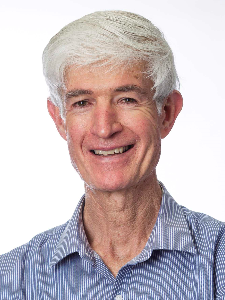
Bill Cowley
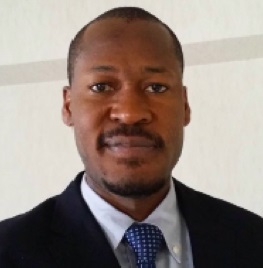
Taiwo Tejumola
SSS 19: Space Applications Department Introduction
The applications of Space technology are the backbone of modern digital life, helping us to keep in touch, find our way, stay safe and monitor the Earth for changes that could help or harm the environment and society. The Space Applications Department examines these various applications areas with a primary focus on Earth-orbiting satellite systems, ground systems, and end-user equipment hardware and software.
Key areas of focus include:
Satellite communication systems and services
Remote sensing and Earth observation
Geographic information systems (GIS)
Satellite navigation systems
The Department explores enabling space technologies and their scientific benefits and societal applications. Themes range from telecommunication fundamentals to remote sensing image processing/interpretation, global navigation satellite systems (GNSS), GIS data management, and avionics. Workshops and demonstrations provide hands-on training with hardware and software for satellite payload development, image processing (optical, radar), global positioning systems (GPS), and data analysis. Professional visits to local facilities provide further insight into civilian and commercial space applications.
Participants will be able to:
Engage in a variety of workshops, demonstrations, and professional visits that explore enabling space technologies and their applications.
Develop proficiency in technological hardware and software for image processing, telecommunications, GIS, and GPS.
Design and complete a research project emphasizing the application of space technologies and present results in oral and written formats.
Participate in group activities in an interdisciplinary and intercultural environment.
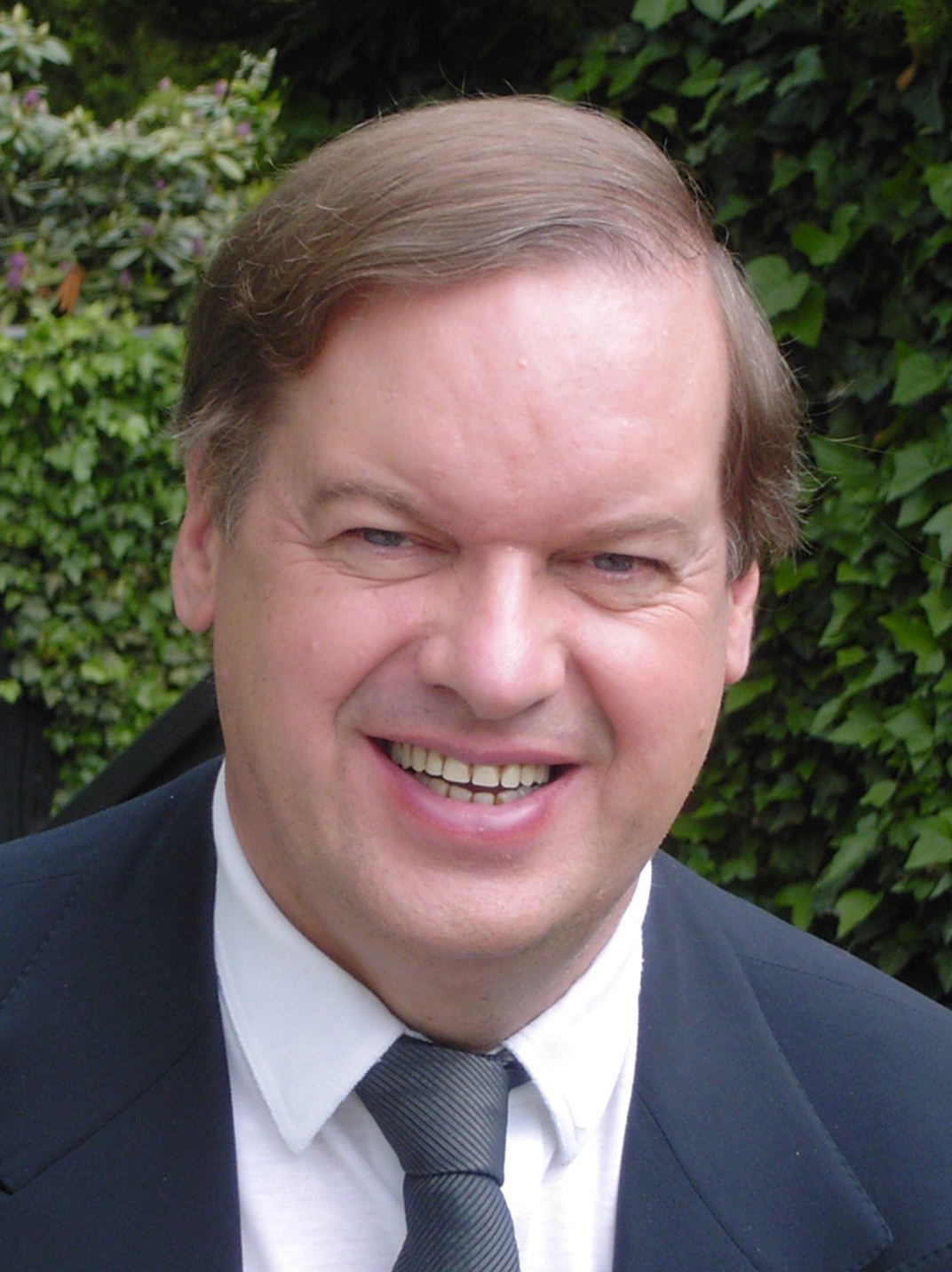
Walter Peeters
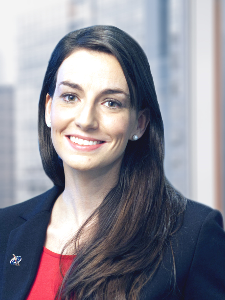
Natalia Larea Brito
The space sector is currently undergoing one the most dynamic and inspiring periods of all times. Similar to other major sectors in human history (such as shipping, railroads and aviation, just to name a few), space business has undergone a number of considerable changes. Space activities have traditionally been conducted mainly by governments driven primarily by political prestige, and the space sector has received extensive government support. Following a space race dominated by only governments and leveraging the experience gained, a period of space commercialization began.
Over the last years, new commercial actors have emerged introducing innovative concepts from manufacturing to services. They have the value proposition of bringing the cost down of solutions, making space more affordable and accessible to end-users. With disruptive changes in their technological and market environment, the space sector faces now unique challenges but also tremendous opportunities.
This new wave of changes is causing a paradigm shift in the space sector, referred as ‘The New Space Economy’. Although there is no general definition of New Space agreed upon, we will consider the following definition for the B&M department: “Private companies which act independent of governmental space policies and funding, targeting equity funding and promoting affordable access to space and novel space applications”.
Under this concept, young entrepreneurs are looking for equity funding in order to bring affordable space solutions and applications, and with the potential to open new markets. These new space companies have emerged at all levels along the value chain. Some of these new actors for instance, focus on developing new services by combining and processing available space data from existing satellites with new approaches and technologies. Others focus on developing more affordable launch solutions or providing commercial payload transportation services to the Moon; while others operate small satellite constellations with a standardized and simple design, just to name a few examples.
Success stories such as SpaceX are having a great impact not only on traditional space companies but also on governments. In addition, as new space activities develop, internal business plans are becoming standard with the objective to demonstrate the profitability of new projects and the market potential.
In view of this dual and growing interest, the B&M department will focus in these new trends in the space sector. As a key output of the department activities, participants will be divided into groups and will be asked to prepare a Business Plan Pitch presentation. The teams will be given broad guidelines on what are the expected results (e.g. demonstrating a good Internal Rate of Return) for a space business plan. Each group will decide which business idea to propose. The final presentation will be delivered to a professional jury during the last day of the department activities.
The department faculty will comprise professionals from across the global space sector, which will provide participants with relevant insights on aspects of a good business plan. It will also include to professional visits to companies and a local incubator. This curriculum will enable participants to develop and grow their business knowledge and skills in this evolving space sector.
Key learning outcomes for the participants of the B&M department during SSP’19 will include:
- How to elaborate a business plan and deliver an efficient pitch in front of investors;
- How to evaluate a potential market and where to find the relevant information to determine a reasonable expected market share;
- What are the financial key indicators examined by equity financers and key performance indicators expected;
- What are the boundary elements that shall be considered in terms of legal aspects (such as IPR) as well as in terms of management organization;
- What are the elements often neglected but which are detected by equity investors as weaknesses (such as the absence of a marketing plan or risk assessment);
- How can one learn from recent experiences? (lessons learnt from ISU entrepreneur alumni).
It should be noted that these principles are not only of interest to potential startups in the New Space Economy, but also are of equal interest for other participants from government or large space companies, in order to better understand this new paradigm shift they will be confronted with.
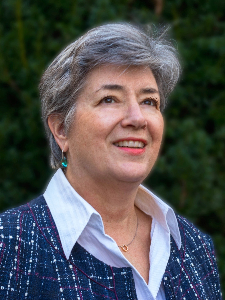
Tanja Masson-Zwaan
The Space Policy, Economics and Law Department focuses on the “why” and “how” behind the regulation and governance of space activities.
Participants joining the PEL Department will be involved in a range of discussions, debates and interactions designed to provide an in-depth understanding of what shapes current and future space activities around the world, along with their societal impacts, justifications, benefits and the international and national legal frameworks within which space activities are conducted. Experts from space companies, international organisations, space agencies, law firms and academia will work with the participants on topics that include:
- The political and economic drivers that incentivize countries to invest in space infrastructure and private actors to get involved in space projects
- The challenges with regard to the relevance and application of international space law raised from new technologies
- The context of establishment of domestic space legislation and the differences among different national frameworks
- The practical legal aspects of space activities, including contracting, export limitations, privacy concerns, and cybersecurity
- Examples from contemporary missions and projects, such as human spaceflight, space resource utilization, space debris, and planetary defence.
The Department activities will comprise of lectures, panel talks and workshops, which aim to broaden the knowledge and understanding of the participants on the legal, policy and economic issues connected to space activities in an interactive manner.
-
